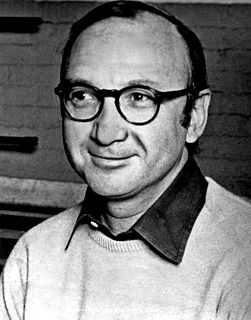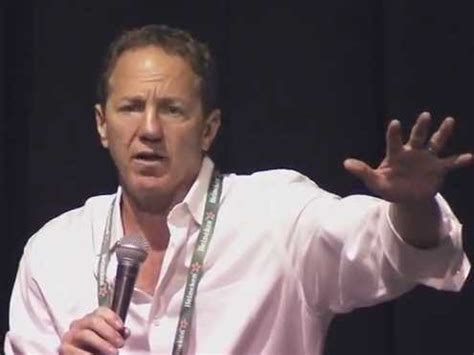A Quote by Virginia Postrel
The SAT is not perfect. We all know smart, knowledgeable people who do badly on standardized tests. But neither is it useless. SAT scores do measure both specific knowledge and valuable thinking skills.
Related Quotes
I am not against standardized tests. There are tests and tests and tests, and, to simplify, the ones I favor are criterion-referenced tests of skills, aligned with the curriculum. Social and emotional skills are important but skills are too. I find it heartbreaking that this is so often seen as an either-or choice. To get to the richness of studying literature, for example, you must first be an adept and confident reader. Whether you are is something a good test can measure.
I suspect the I.Q., SAT, and school grades are tests designed by nerds so they can get high scores in order to call each other intelligent...Smart and wise people who score low on IQ tests, or patently intellectually defective ones, like the former U.S. president George W. Bush, who score high on them (130), are testing the test and not the reverse.
A farmer friend of mine told me recently about a busload of middle school children who came to his farm for a tour. The first two boys off the bus asked, "Where is the salsa tree?" They thought they could go pick salsa, like apples and peaches. Oh my. What do they put on SAT tests to measure this? Does anybody care? How little can a person know about food and still make educated decisions about it? Is this knowledge going to change before they enter the voting booth? Now that's a scary thought.




































